It’s not always easy finding the right suppliers and contractors. And yet it can be essential to find the right service/expertise at the right price to add value to your business.
However, even when you do find the perfect partner (or close to it), the challenge is only just beginning – now you need to negotiate and manage the contract… Contract management is the art of ensuring your business continuity and supply, mitigating risks while maximising value. It can be a tricky balancing act, and it’s useful to be aware of the wider context of the ‘contract life cycle’
The contract management process – 5 steps
Though the number of steps may differ, depending on how you define them, the life cycle of any contract can be seen in terms of pre- and post-signing:
PRE-SIGNATURE
- Contract preparation/creation
Whether you’re looking at a brand new supplier relationship, an amendment to an existing contract, or a renewal, putting the contract together requires clarity, including the services/goods to be provided, agreed outcomes for each party (performance, pricing, terms & conditions, etc.), the potential risks and mitigation measures, and projected milestones/deliverables. Time is often saved by the use of standard or template contracts as a starting point.
- Negotiation
It would be naïve to imagine that both sides are in perfect agreement on every aspect of the contract. A degree of negotiation is inevitable. Whether it’s additions, amendments or deletions, the goal is collaborative negotiation (sometimes called ‘redlining’) resulting in a draft document that both parties see a value in signing.
- Review/approval
Once you have an agreed document, it’s time for a wider appraisal. Both parties will have their own approach to contract review and approval, including assessment by contract experts/legal team, review by stakeholders and investors, and consistency with company policies. Warning: this is the stage in which contracts can become stuck as more and more people insist on involvement, many of whom may not see the task as urgent.
Once approved, it’s time for the signatories on both sides to make things official (and legal).
POST-SIGNATURE
- Ongoing administration & management
With a formal agreement, there is the question of monitoring and measurement. Put simply, are the milestones being met, agreed goods/services delivered, and quality and performance standards upheld? What’s more, changes or amendments may be needed over time (e.g. adjustments to specifications or pricing, never mind external factors such as a global pandemic), which will mean a return to the earlier negotiation and approval stages, if only for part of the agreement.
- Reporting & renewal
Sooner or later, the end of the contractual period approaches. Assuming you still have the same business need for this service or product, the question of whether to renew (and renegotiate!) arises. This is where reporting comes in – a formal assessment of progress and performance against the contract and the value accrued, including formal feedback to stakeholders and business owner(s). The goal here is dependable, strategically-linked information that can be used to inform future business decisions.
Why is contract management important?
If your business relies on suppliers or contractors, then efficient contract management will directly impact your business performance. Benefits include:
- A formal framework can optimise contract negotiation, approval and management.
- Reduced management costs due to using a streamlined process.
- Better, more focused relationships with suppliers and contractors.
- Clearer data and information on how each contract benefits the business.
- Contracts are fulfilled, by both sides.
A broad awareness of the basic principles of contract management can ensure that people in your business – including technical experts, project managers, finance, internal customers, and other key stakeholders, as well as procurement teams – are able to manage the process of commercial contracting and contract management effectively and efficiently to ensure value for money.
The In-House Training Company offers a one-day programme, delivered face to face or virtually, to give this audience the tools they need to manage contracts effectively. Check out the programme information or give us a call on 01582 463463. We’re here to help.









